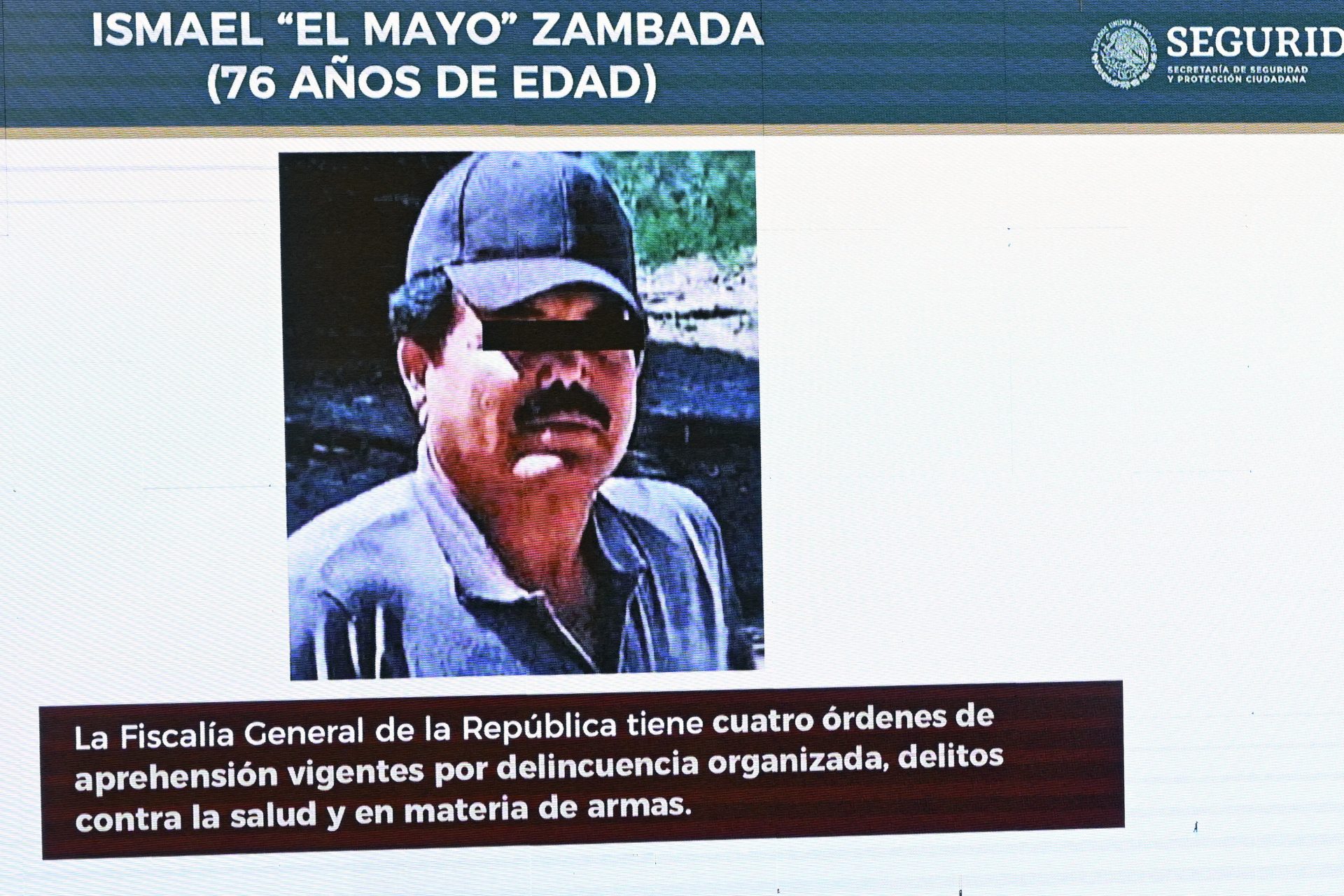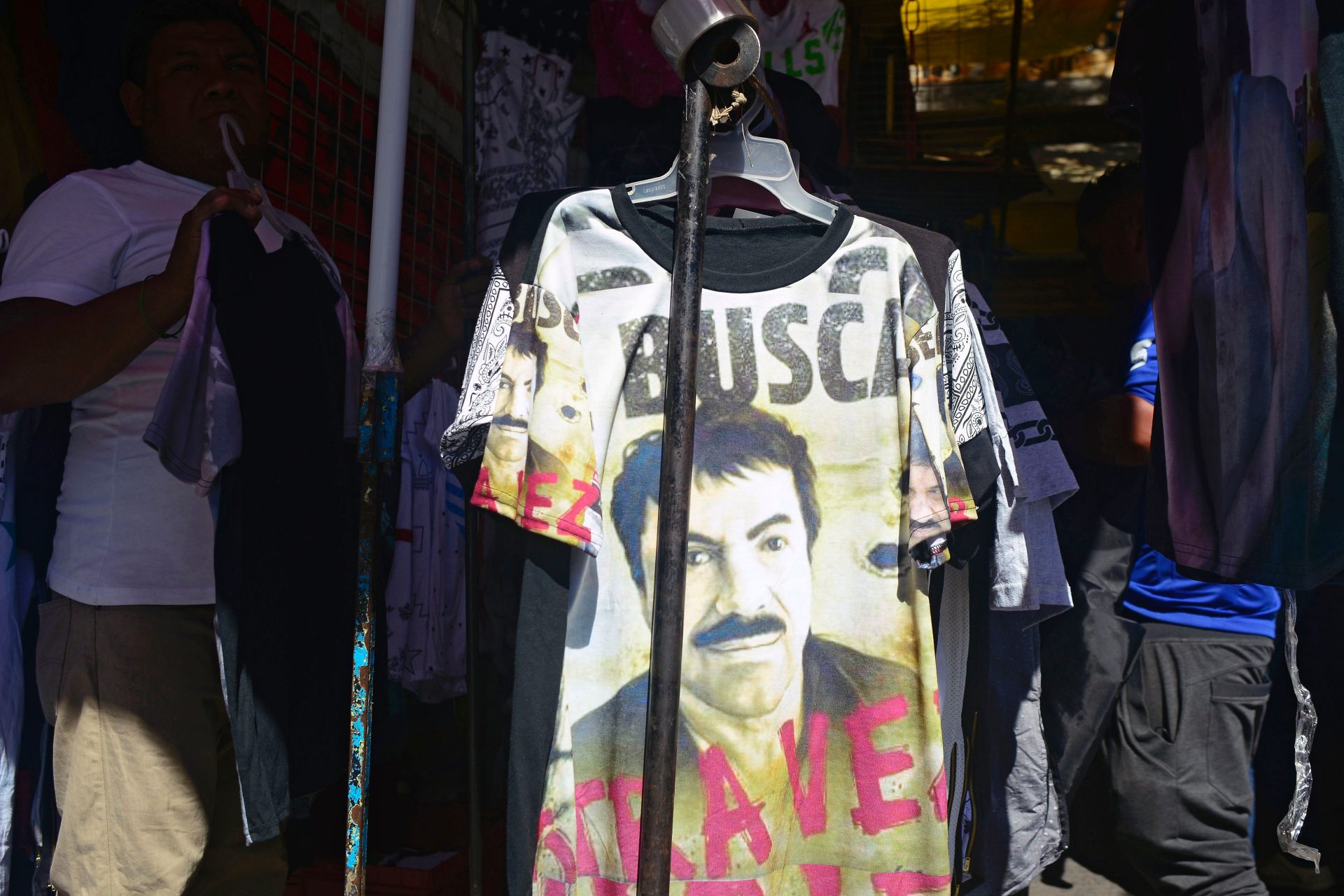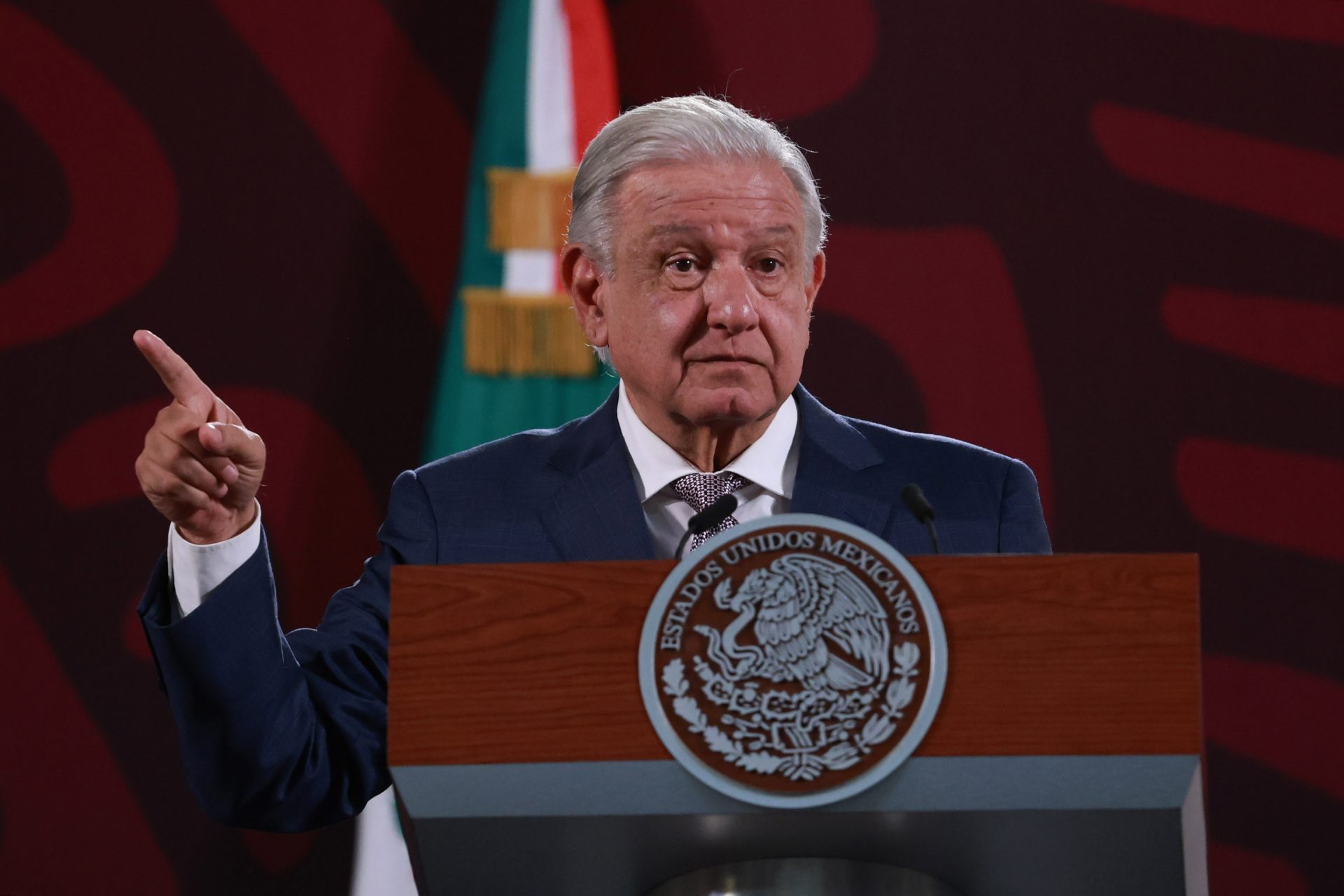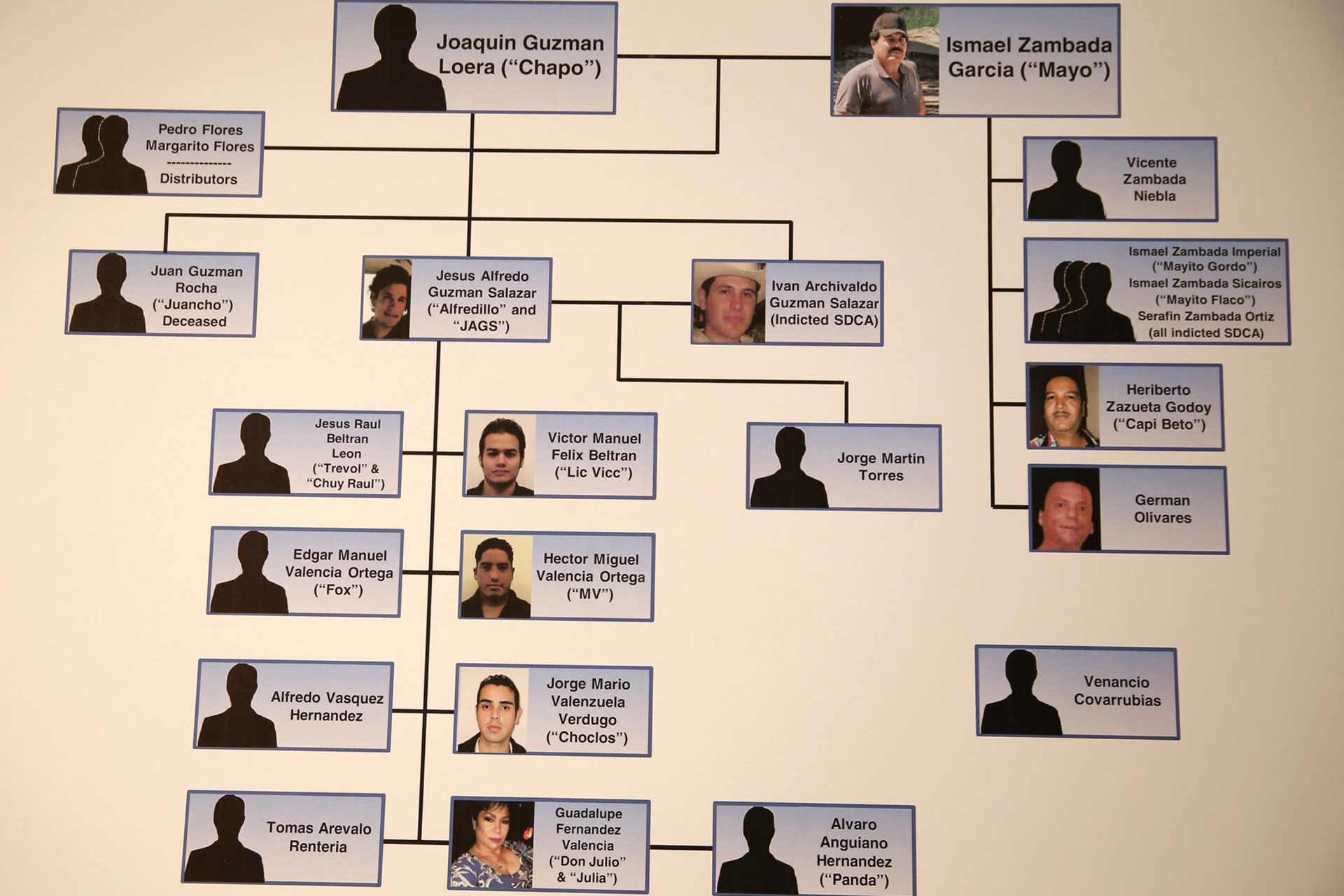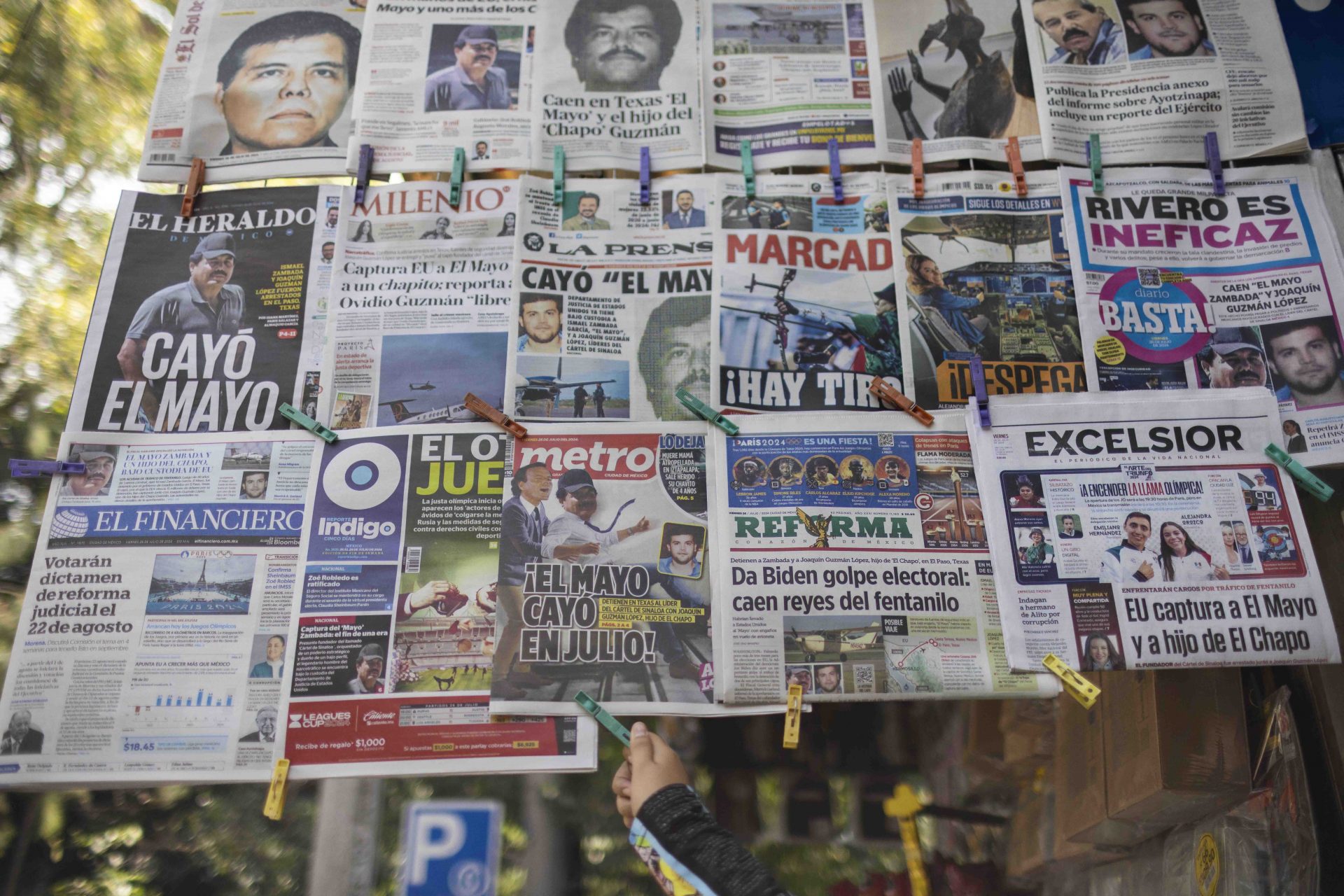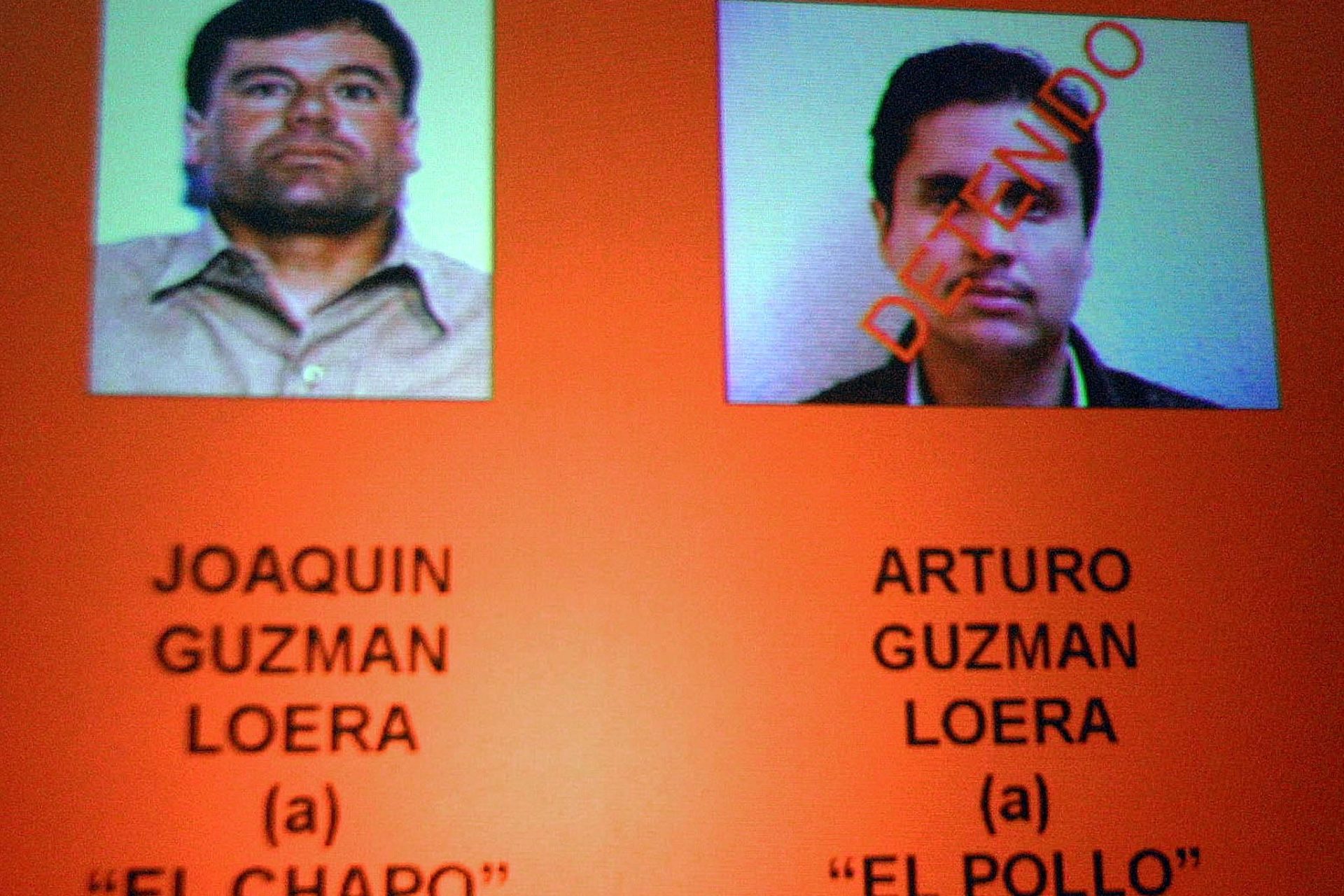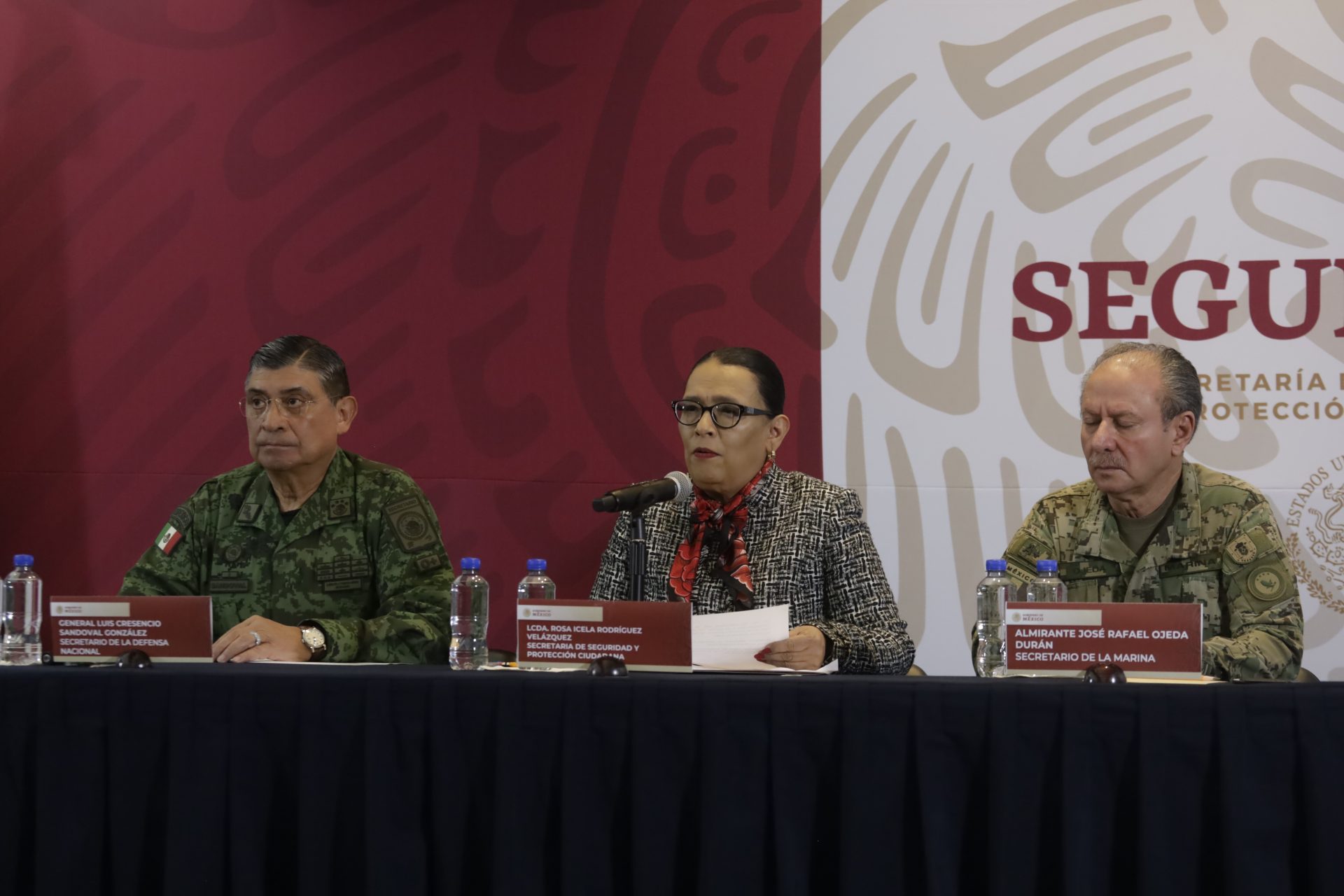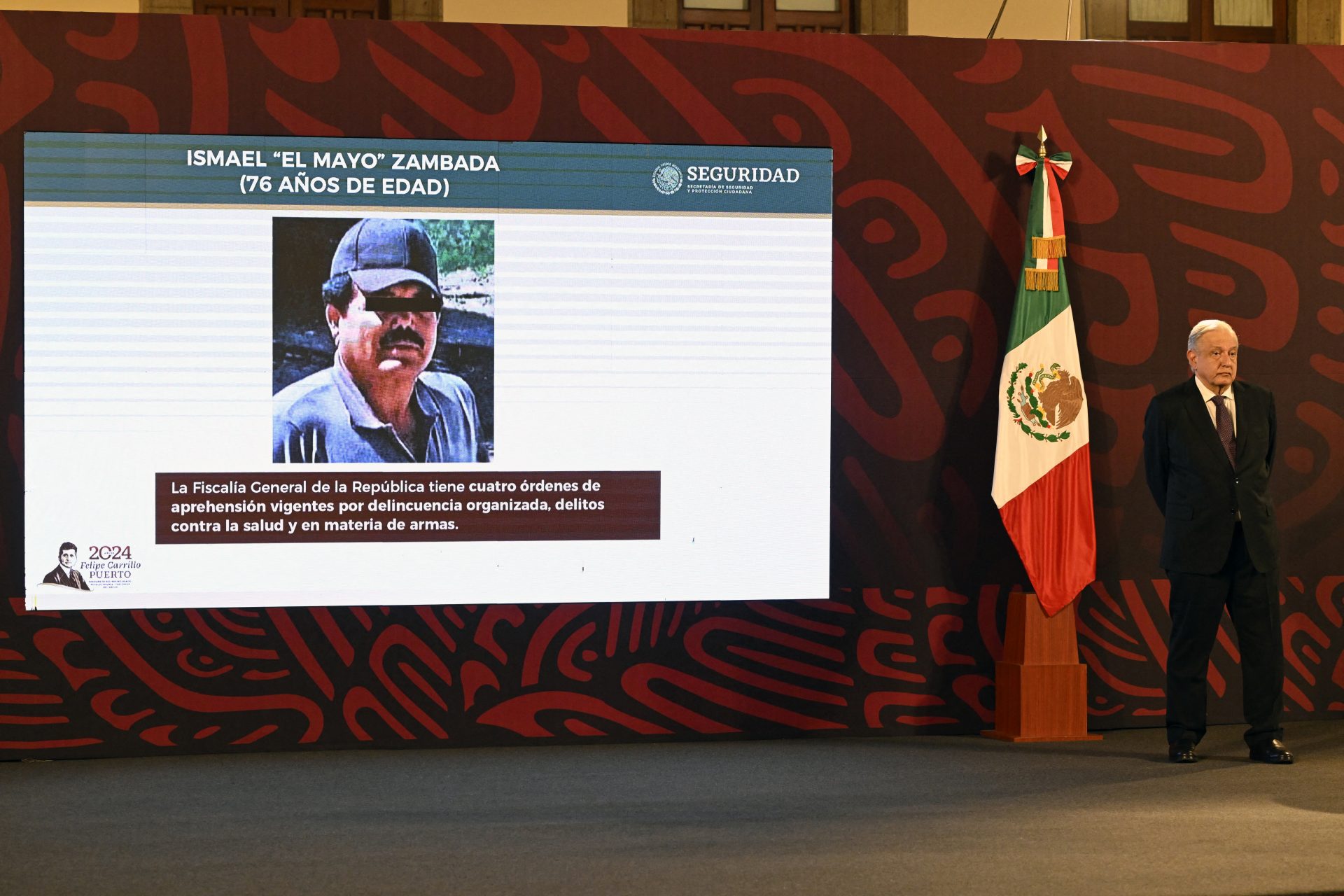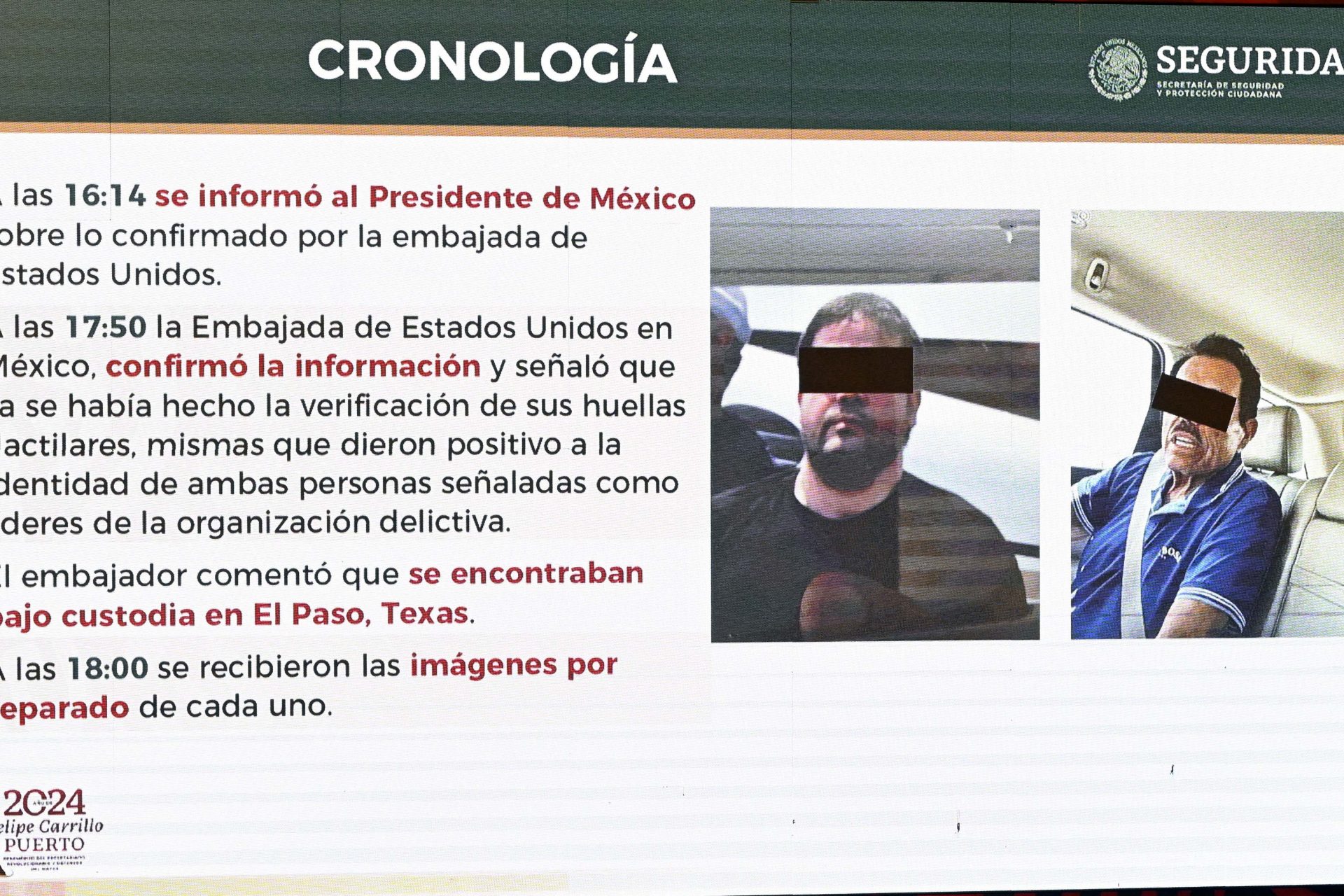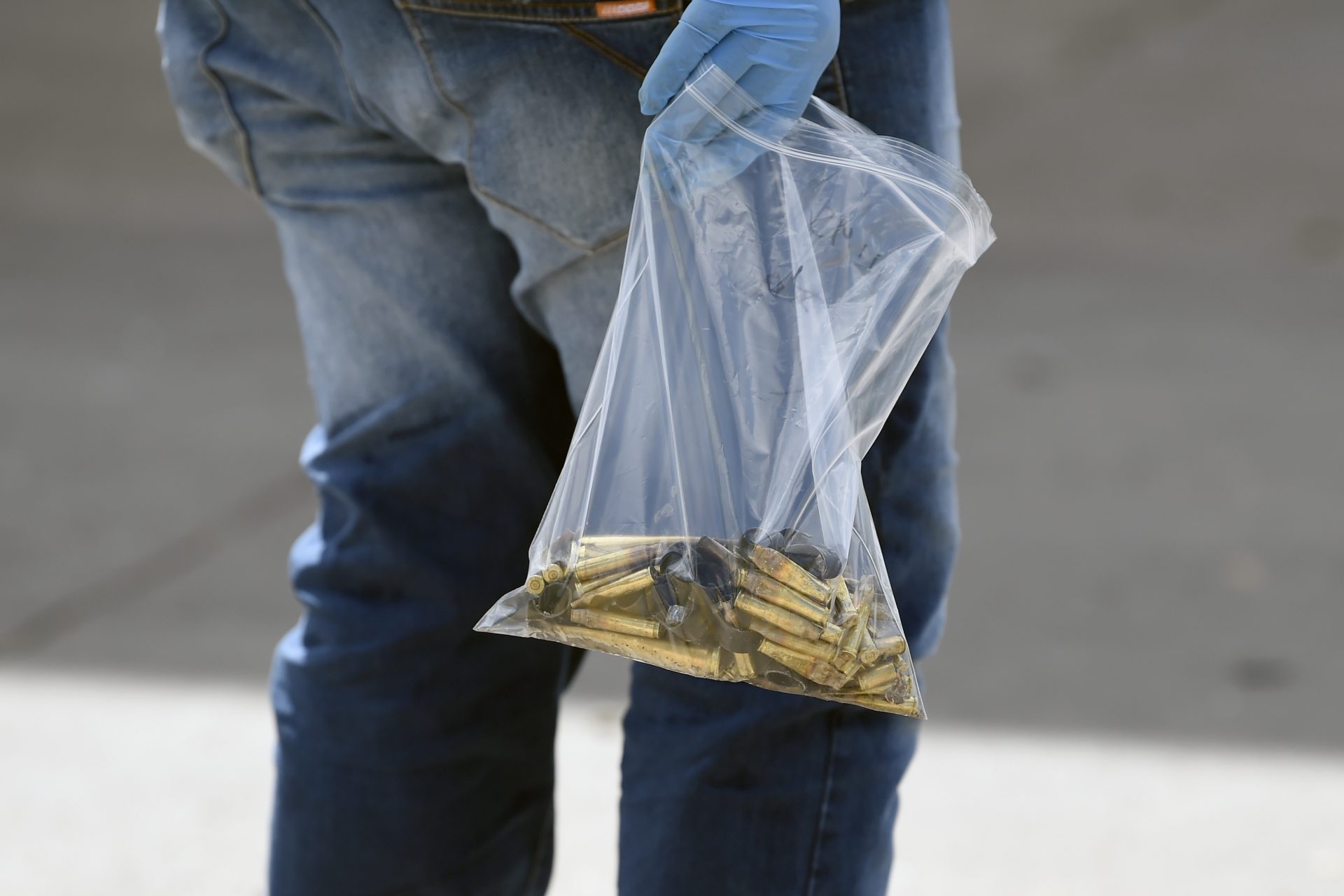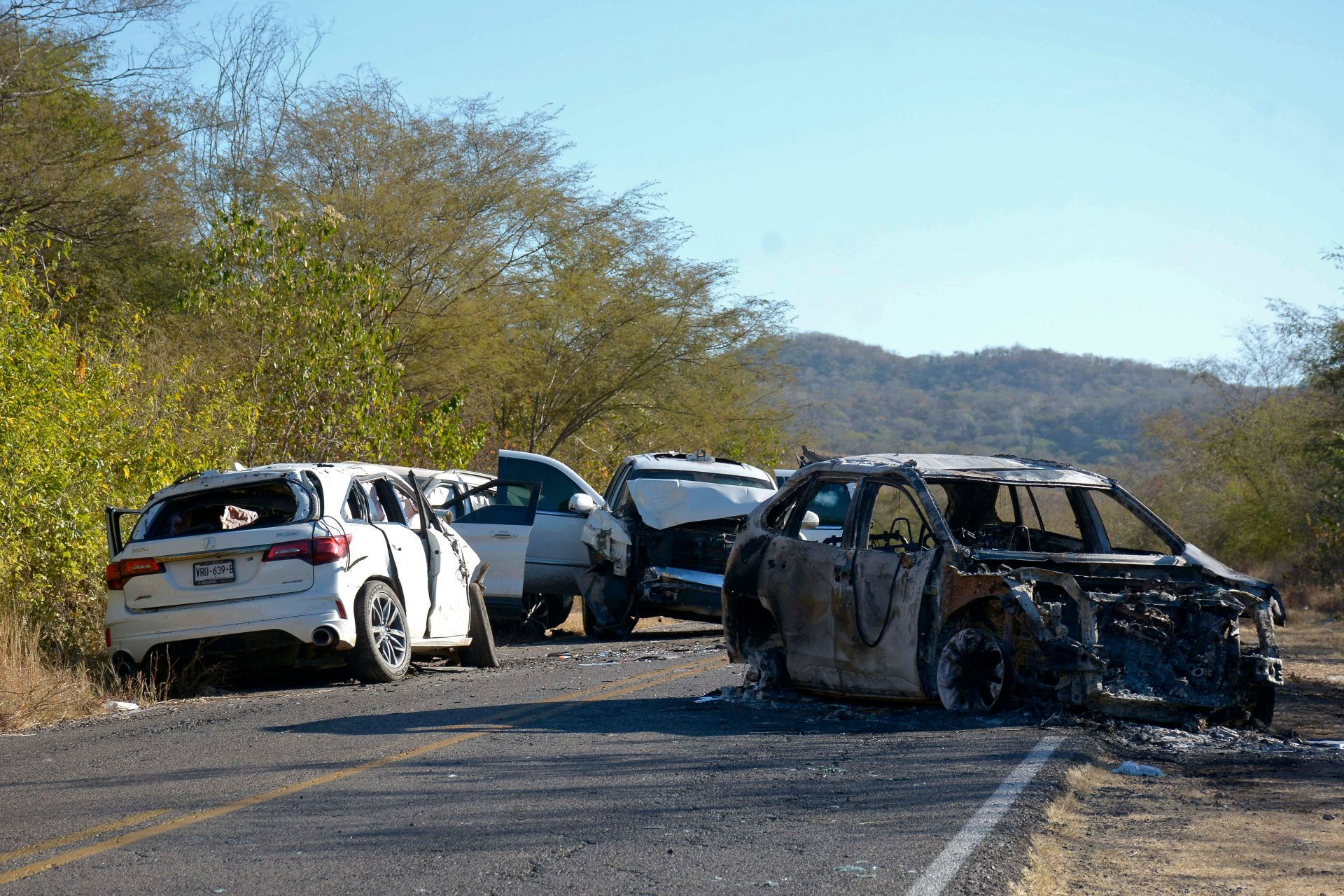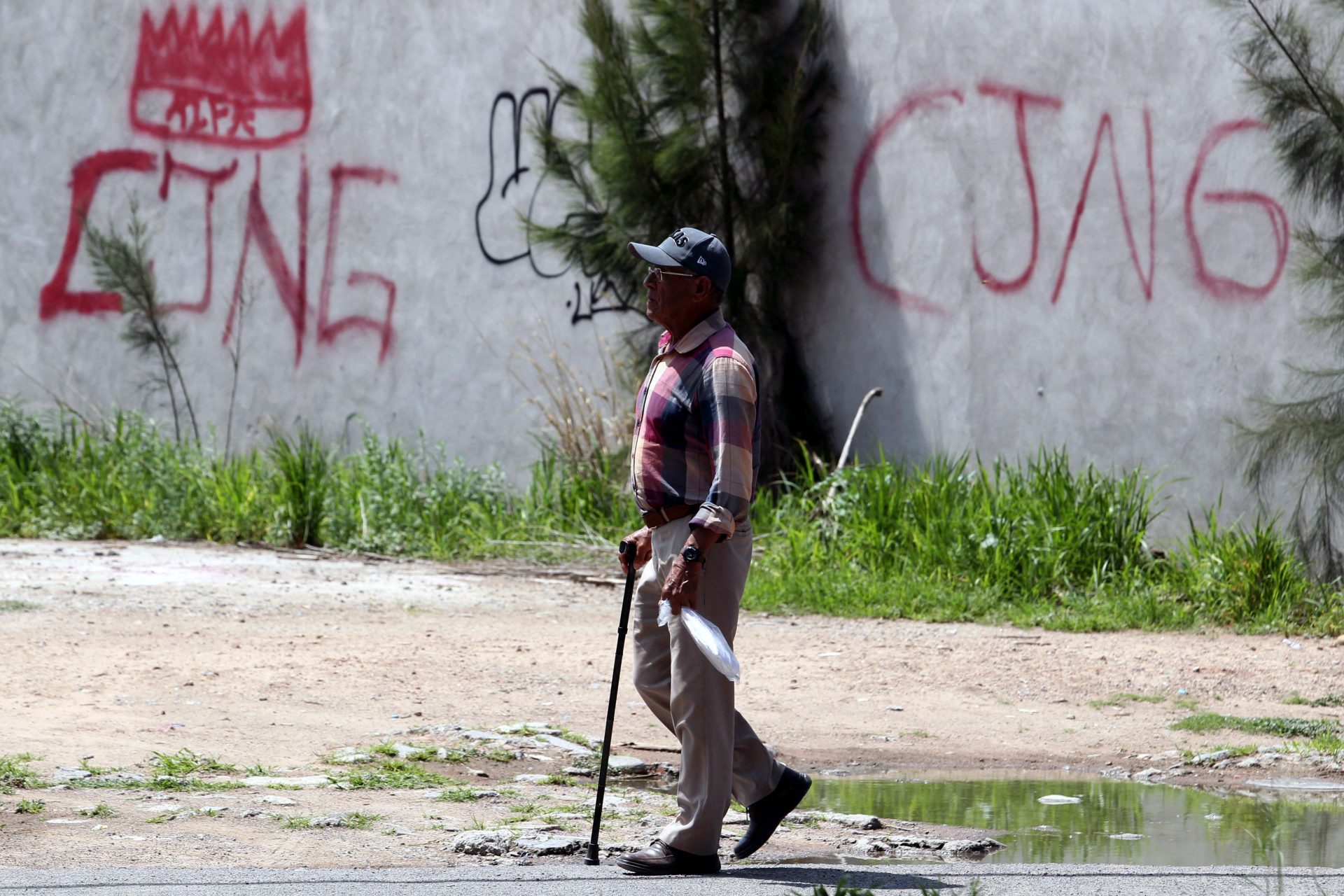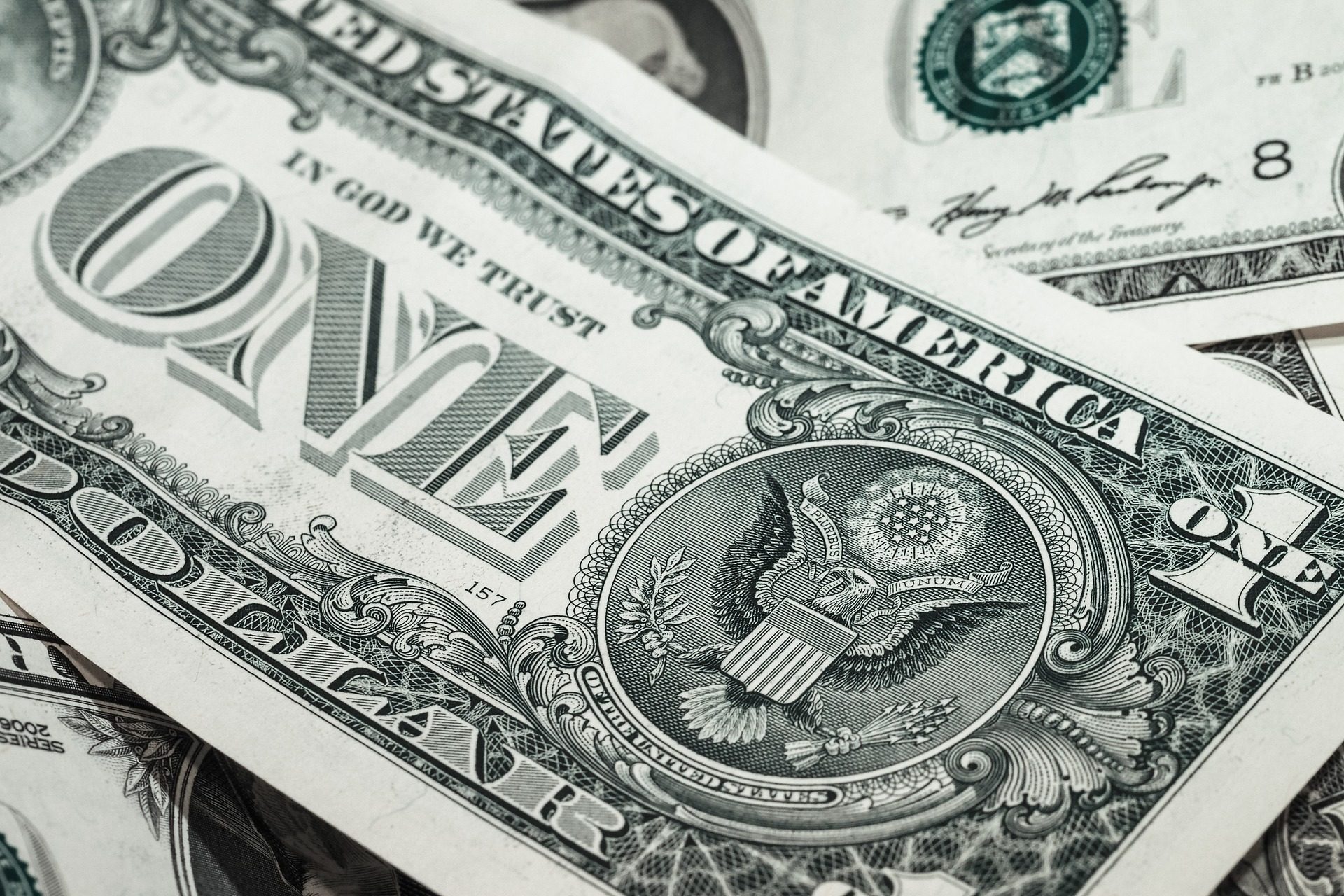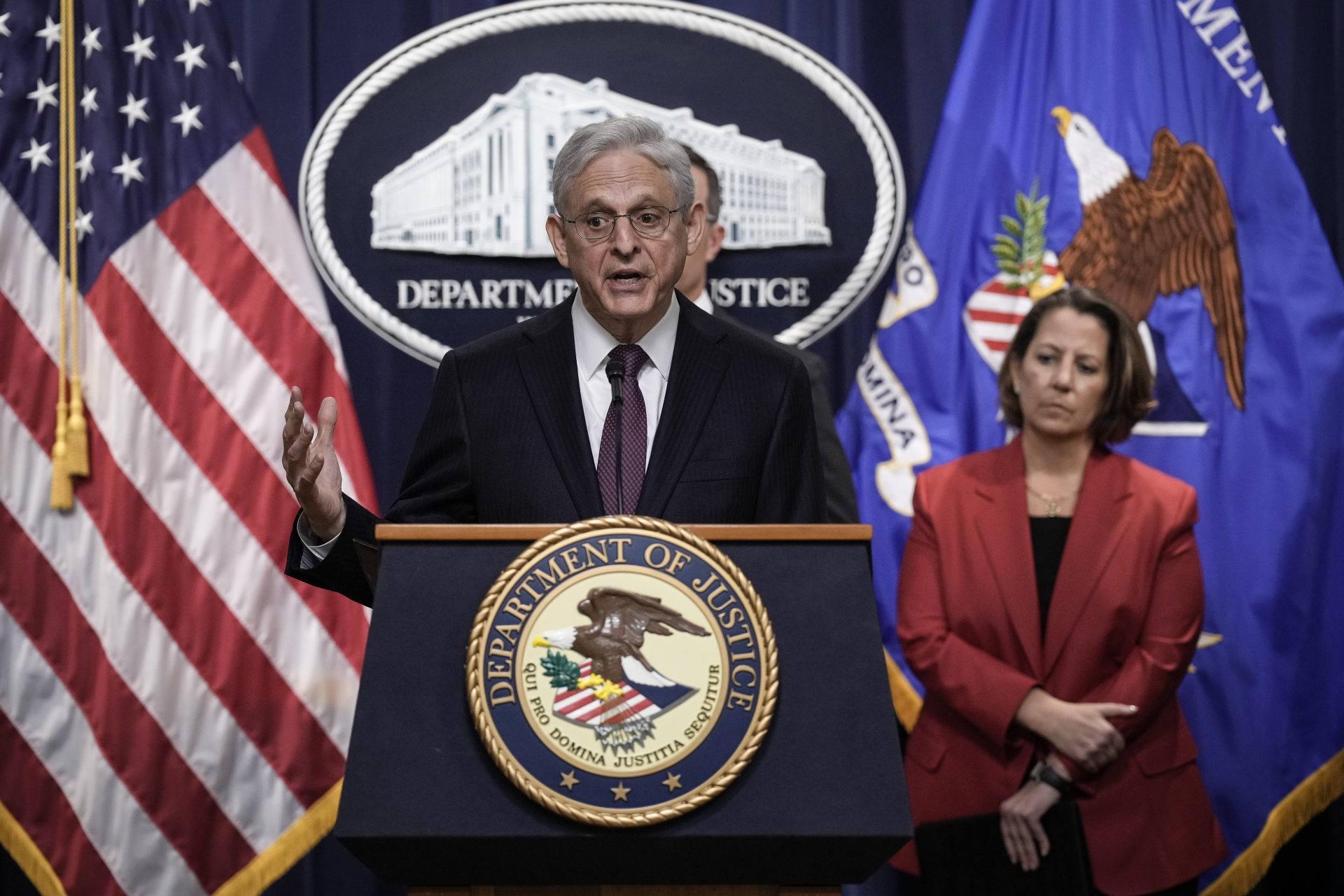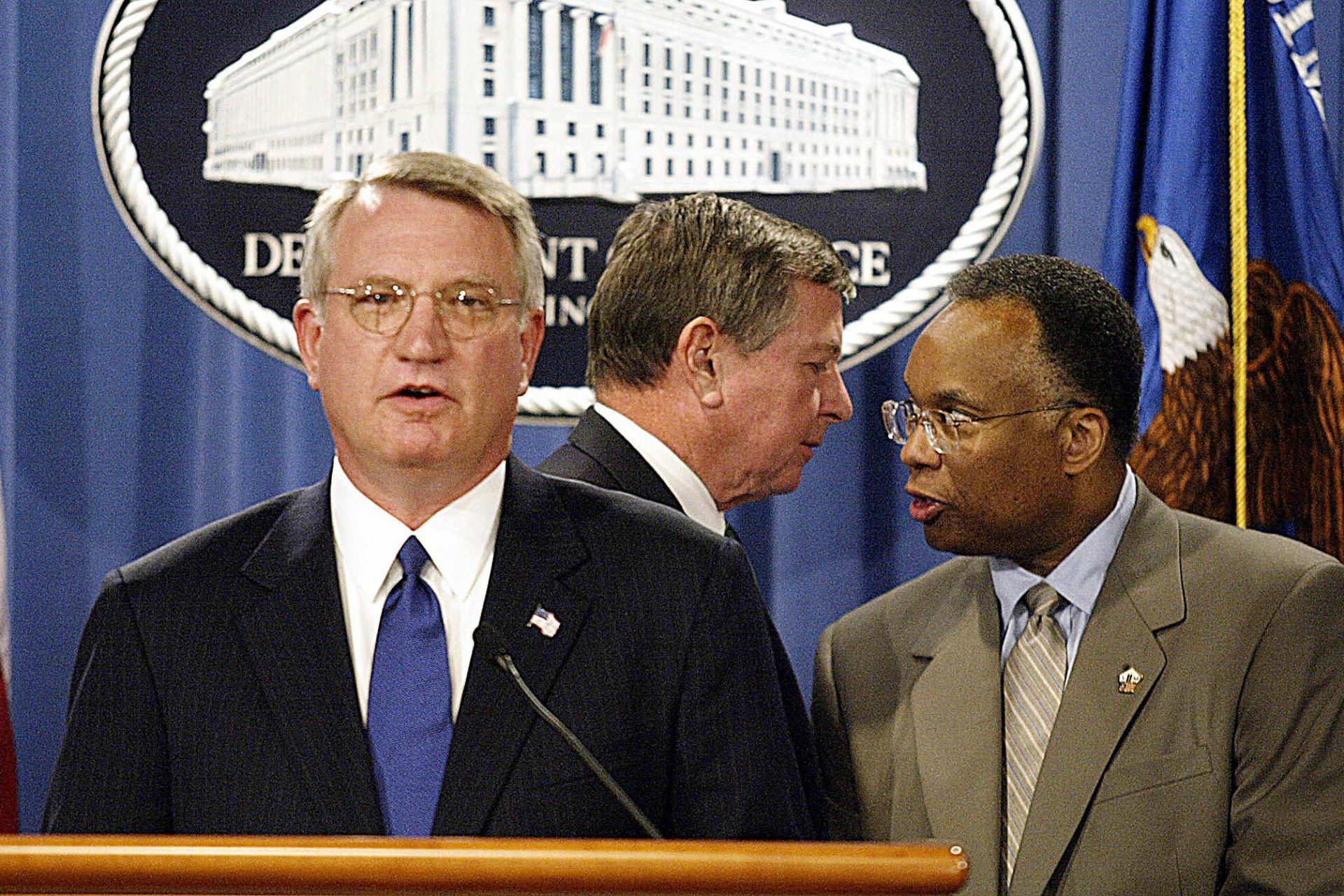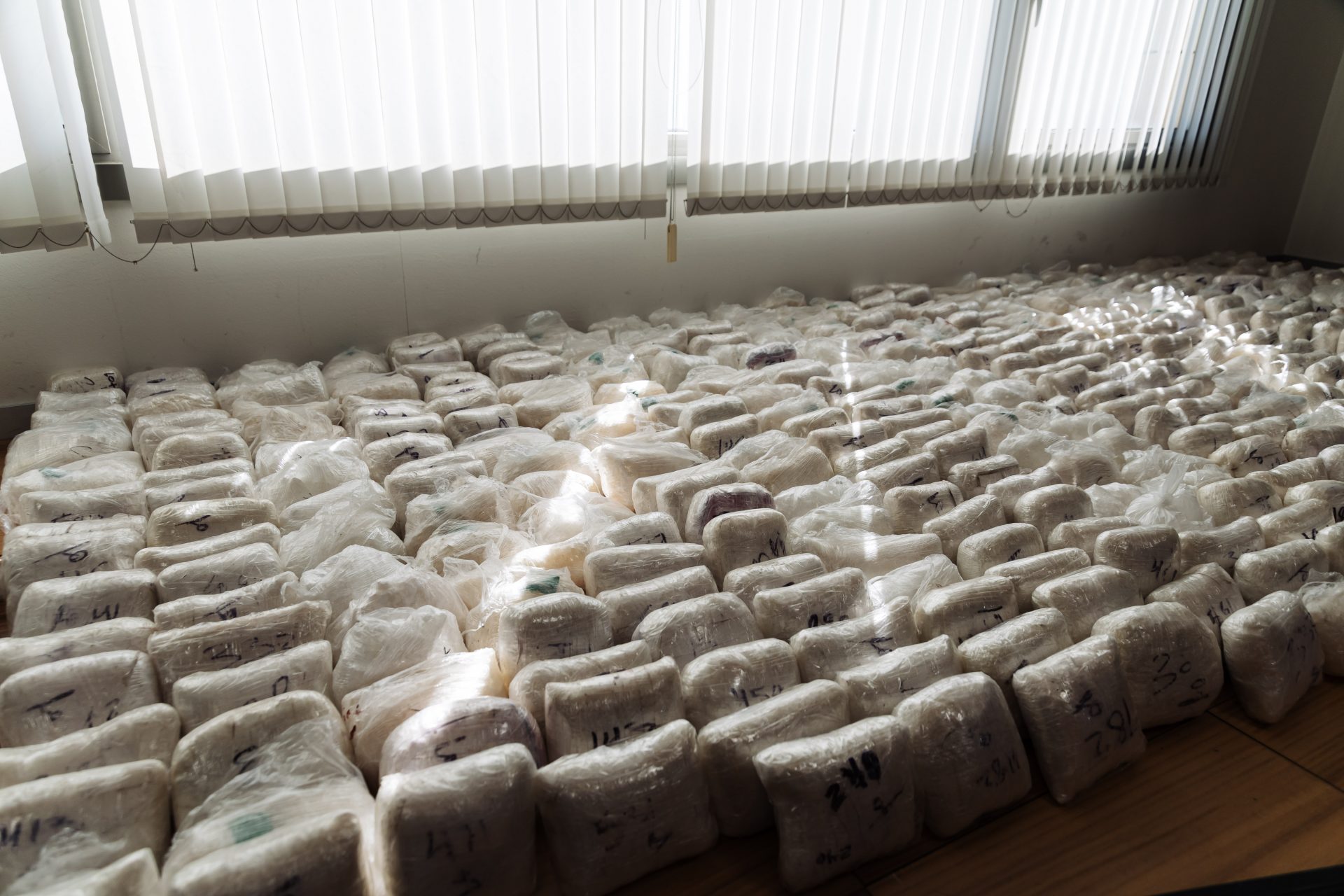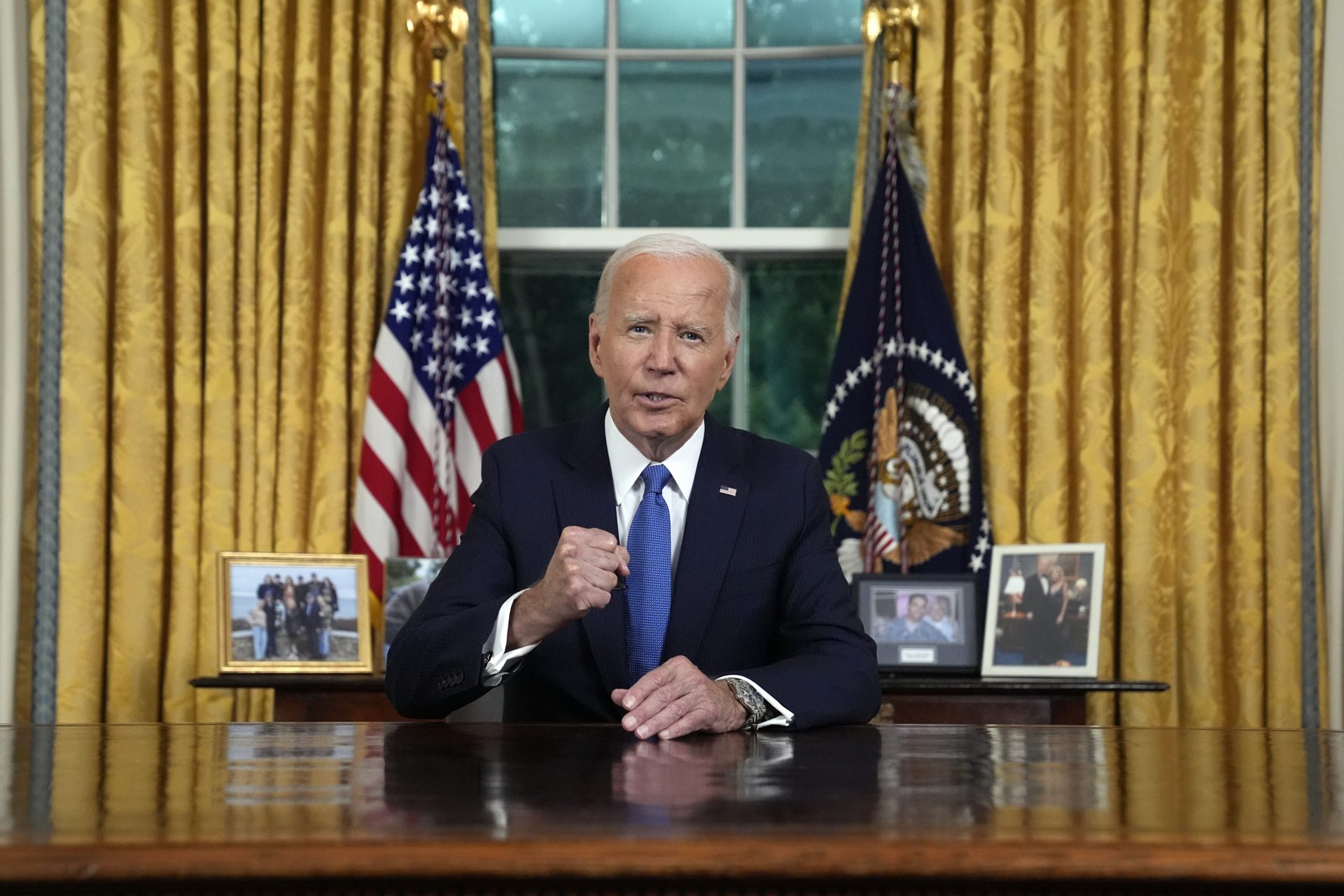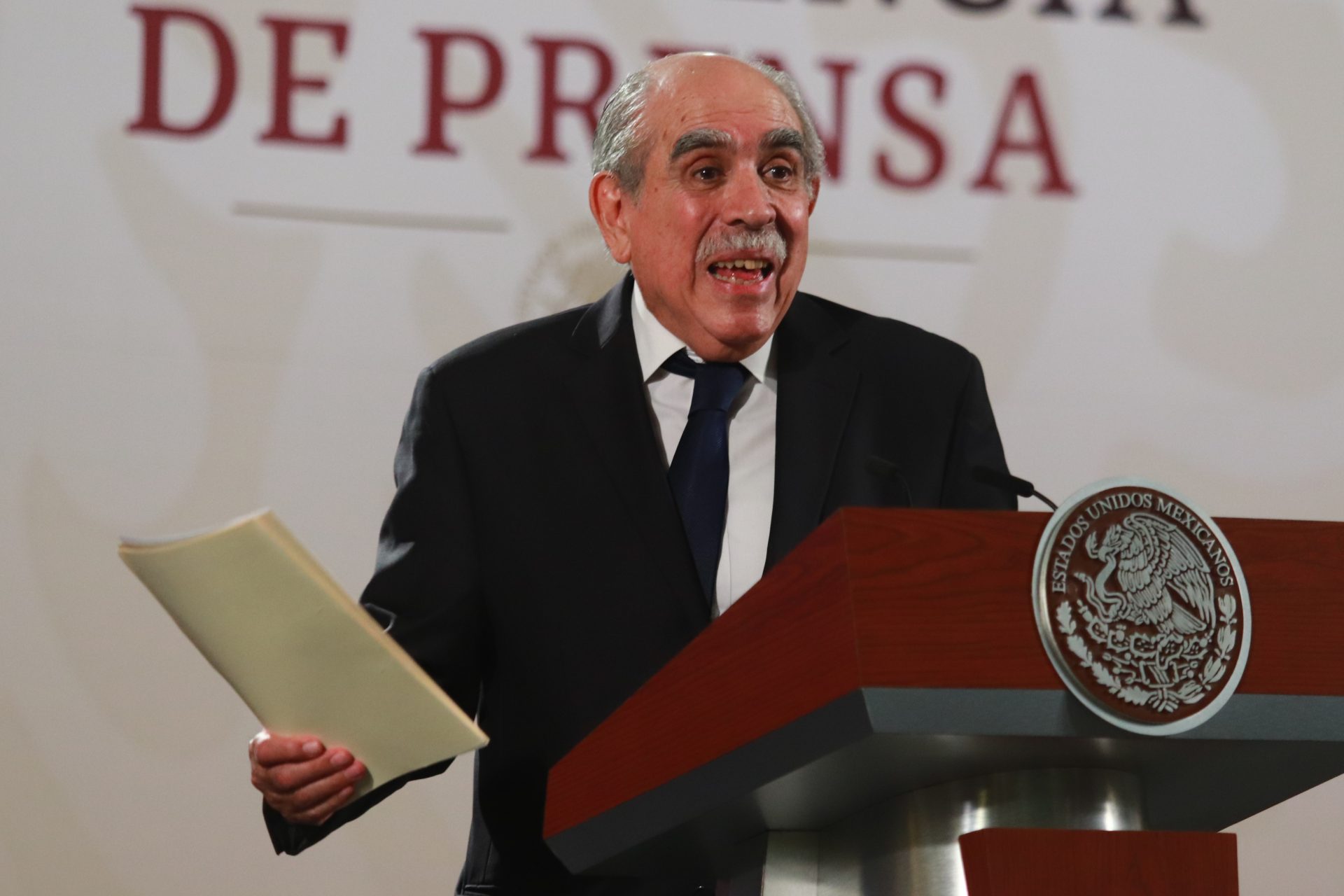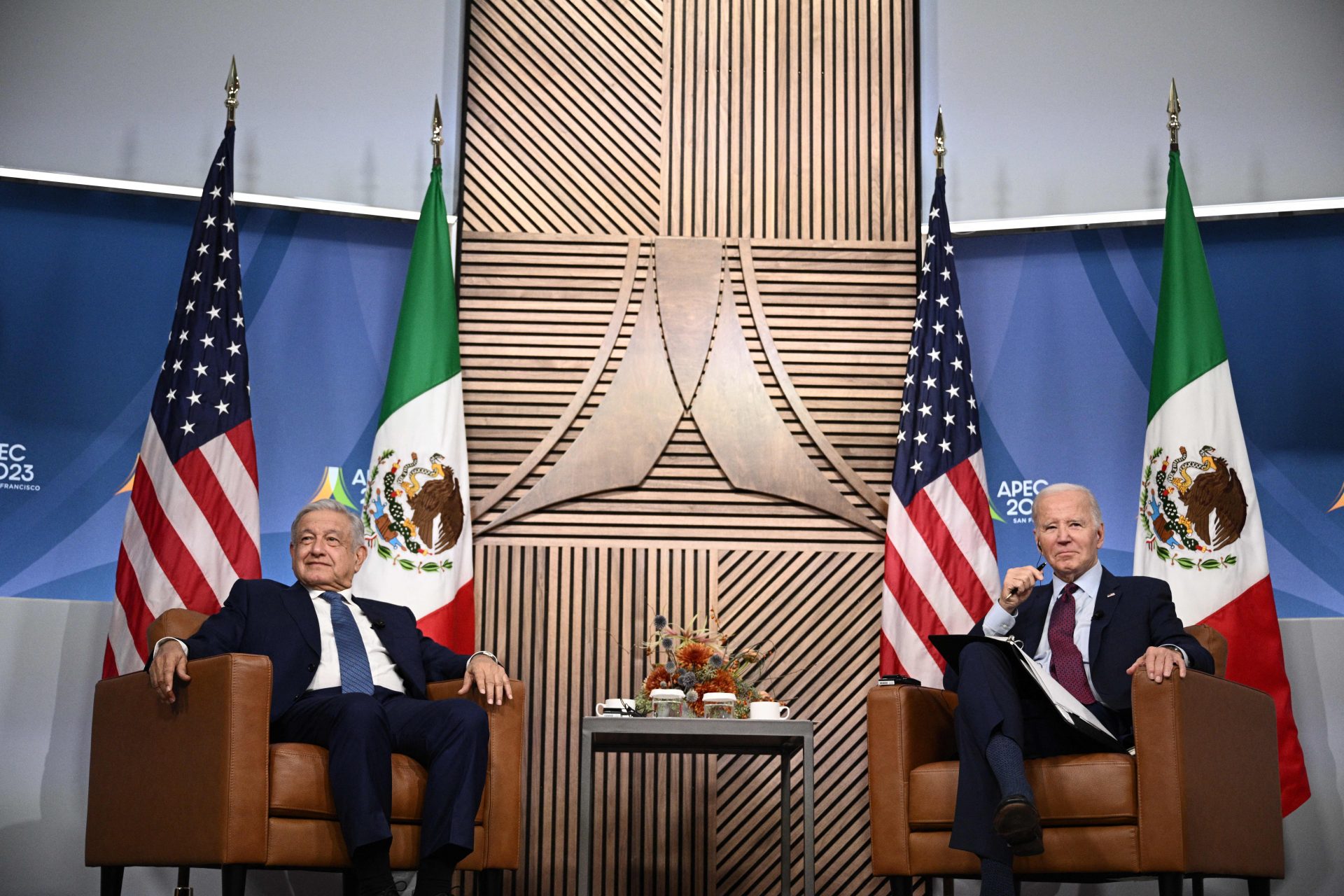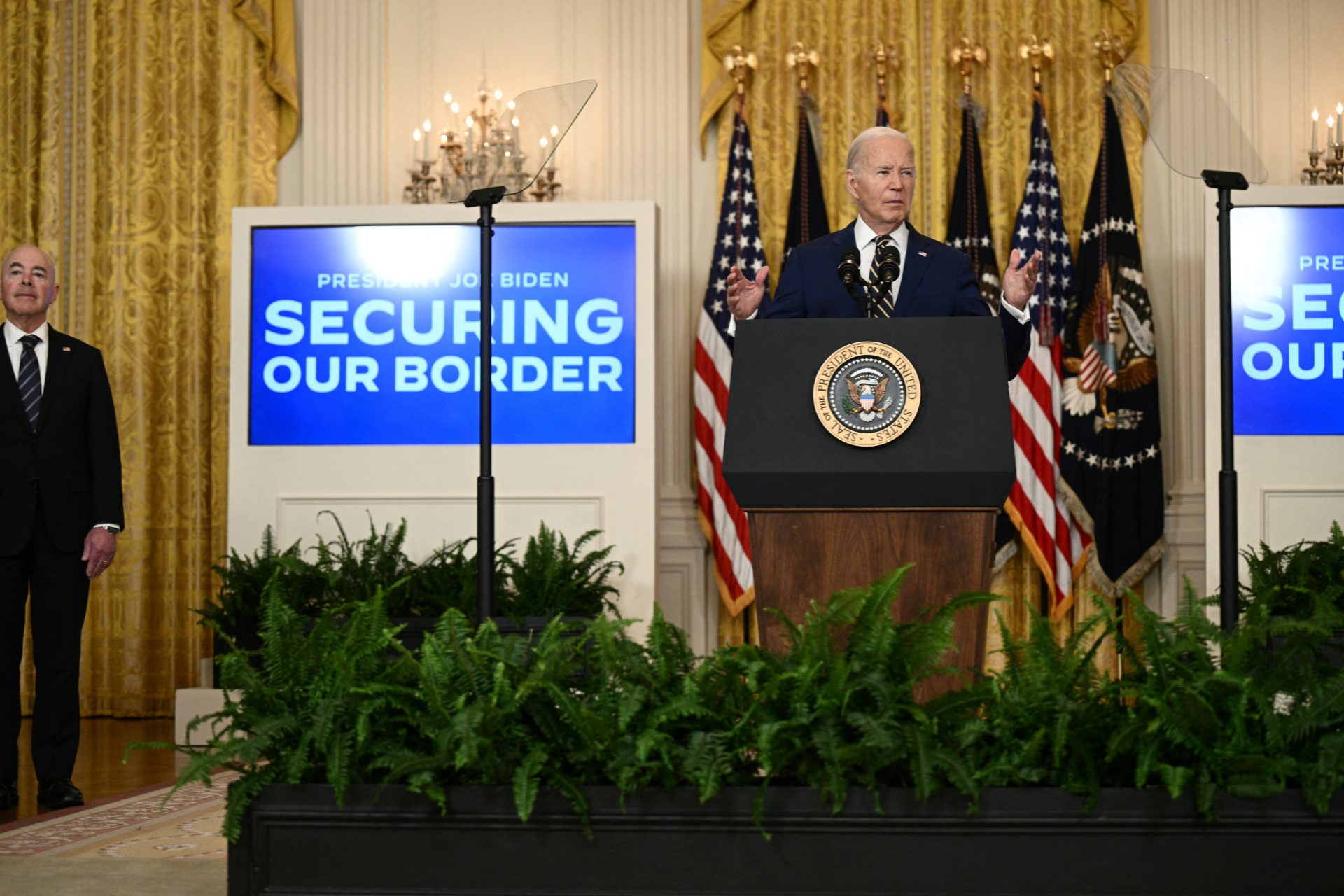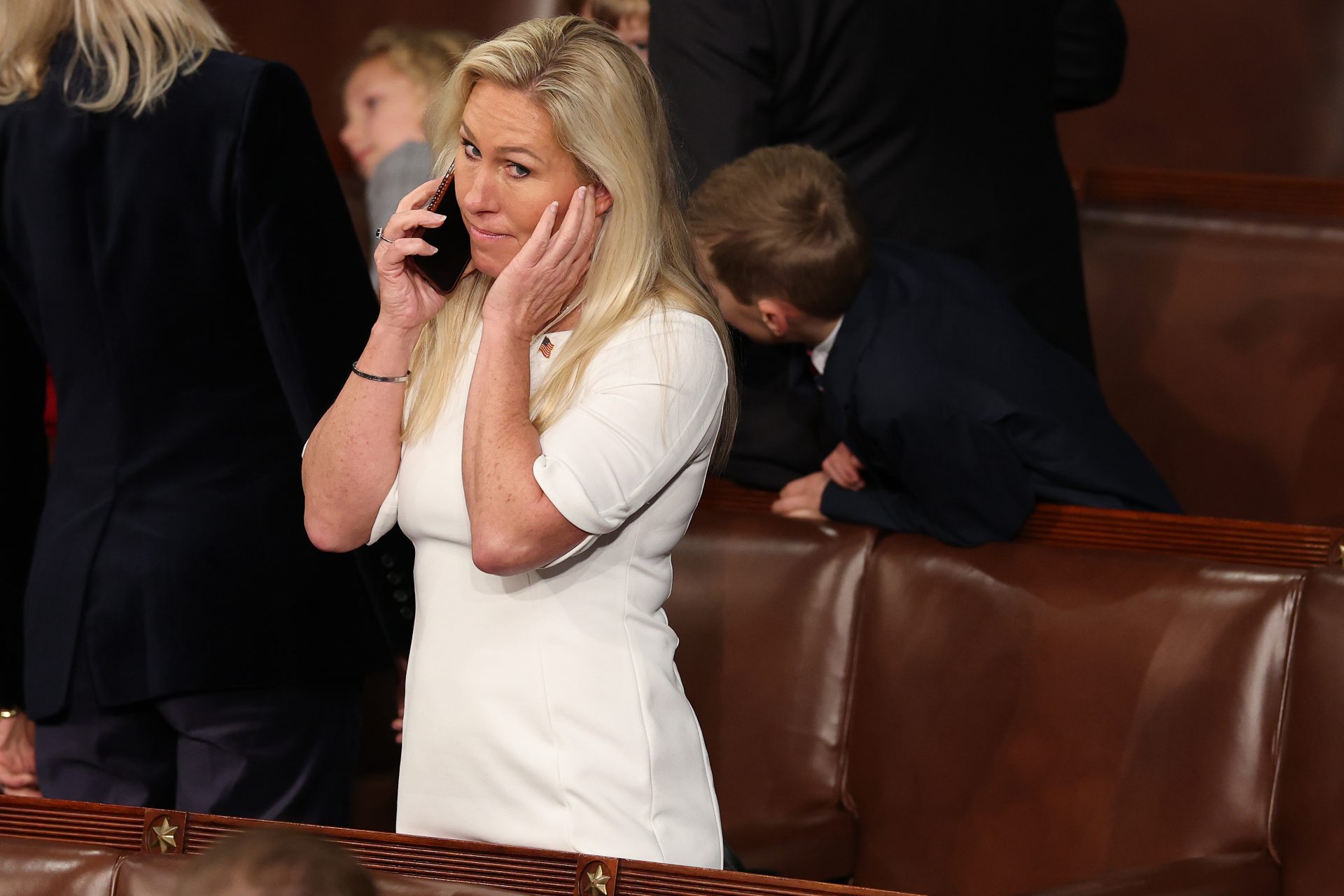Why the detention of a cartel leader is a problem for US-Mexico relations
Things along the Rio Grande have not been easy. However, the detention of a drug lord might represent a major problem for both, the United States and Mexico.
The arrest of Mexican cartel leader Ismael 'El Mayo' Zambada, along with Joaquín Guzmán López, son of Joaquín “Chapo” Guzmán, in El Paso, Texas has become a source of shock and many questions.
Veteran DEA agent Mike Vigil, assigned to Mexico at different times since the 1970s, believes that it is “very likely” that Zambada was handed over by El Chapo's son, as reported by US media, according to an article published by El Espectador.
Mexican President Andrés Manuel López Obrador has stated that his country was not informed of the arrest and has asked the US for a detailed report to ensure transparency.
Despite his insistence that there is no “mistrust” between the two countries, cooperation had already taken a hit following the brief detention in Los Angeles of former Mexican defense secretary Salvador Cienfuegos for links to drug trafficking.
Ismael Zambada, 76, has been a key leader of the Sinaloa Cartel, founded alongside Joaquin “El Chapo” Guzman, who is currently serving a life sentence in the US.
According to Spanish newspaper El País, court documents indicate that both Zambada and Guzmán López were arrested by FBI and DEA agents. US media have suggested that Zambada was taken to El Paso, Texas, under pretenses by a member of the Sinaloa Cartel, which has sparked speculation and debate about the circumstances of the operation.
Guzmán (pictured) and Zambada, leaders of the Sinaloa Cartel, directed drug trafficking, money laundering, and elimination of rival operations. Twenty-two additional defendants are involved in the case: eleven were extradited to the US, three died, eight pleaded guilty, and two were sentenced to life imprisonment in 2021. According to El País, 'El Mayo' was the last captured.
The DEA says Mexico still has a long way to go in the fight against drug cartels, which are responsible for thousands of deaths each year in the US.
López Obrador has been criticized for his apparent lack of action against drug trafficking, focusing more on fighting poverty than on confronting the cartels. Despite his “hugs, not bullets” policy, Mexico has racked up more than 450,000 murders and nearly 100,000 missing people since the start of the war on drugs in 2006.
Vigil said Washington chose not to inform Mexico to protect an operation, given that internal disputes within the Sinaloa Cartel involving El Chapo's sons, Ivan Archivaldo and Jesus Alfredo Guzman, could compromise the information.
Falko Ernst, senior Mexico analyst for the International Crisis Group, said the arrest could trigger an internal struggle within the Sinaloa Cartel and possible violence. Ernst believes there will be a fight for leadership within the cartel, but does not anticipate significant changes, BBC News reported.
Organized crime experts warn that further splitting of drug trafficking is inevitable. Increased conflicts between factions of the Sinaloa Cartel and clashes with other groups that will try to benefit from the diminished cartel, according to BBC News.
Although the capture of a drug trafficking leader may seem like a decisive blow, it does not guarantee the collapse of the entire organization. Other leaders could take control and maintain the cartel's operations. Although the arrest of 'El Mayo' Zambada could give the impression that it favors the Jalisco New Generation Cartel (CJNG), the true impact will be revealed in the medium and long term.
Ernst suggests that the extent of Zambada's revelations about his government ties remains uncertain, given that the cartel leader is suspected of using bribes to avoid capture for years. Speaking to BBC News, he warns that full disclosure of this information could cause serious instability in US-Mexico relations.
US Attorney General Merrick Garland has indicated that the Sinaloa Cartel has expanded its role in the production and trafficking of illegal substances, becoming a key source of income. This expansion has increased political pressure in the US, placing Zambada's arrest at the center of the debate.
For the DEA and FBI, the capture of Zambada represents a major achievement, a public success, and a blow to organized crime.
However, the production of illegal substances in Mexico, home to some 200 active criminal groups, will not be significantly affected by the arrest of a few leaders.
However, these arrests could politically benefit Biden and the Democrats by showing a tough attitude in the fight against illegal substances.
Since the news of Zambada's arrest broke, speculation has been rife about what he might say about corruption in Mexico and his possible contacts with security agencies in the United States.
Revelations by 'El Mayo' about the links between drug trafficking and both governments would be valuable but also have a significant political impact. The US could use the information to pressure Mexico on bilateral issues, destabilizing relations, something US officials, including the State Department, would prefer to avoid.
The border has become a central issue in the US presidential campaign, while in Mexico, Claudia Sheinbaum is preparing to assume the presidency, adding a new layer to bilateral security operations.
More for you
Top Stories




